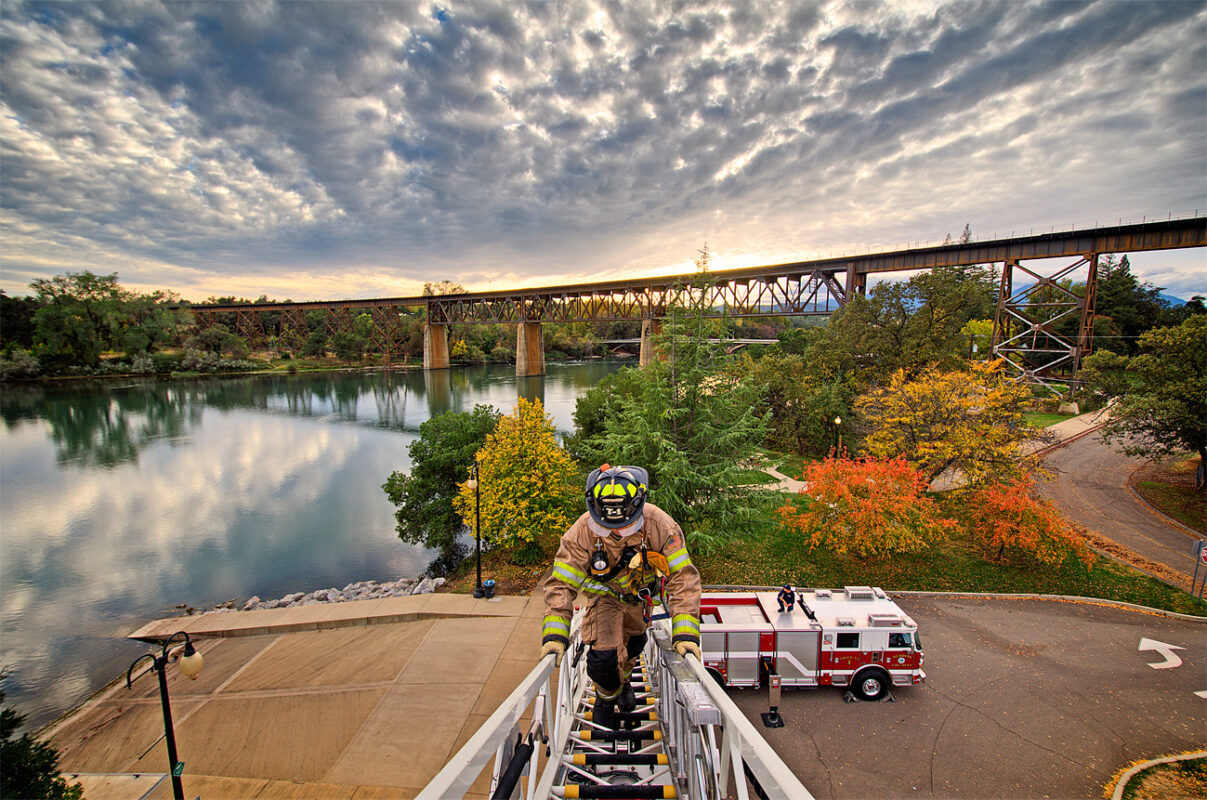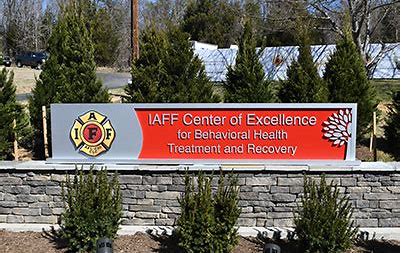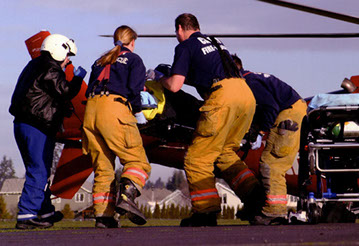
Behavioral Health
There is growing concern about behavioral health issues in the fire service and the significant impact on wellness. The stresses faced by fire fighters, paramedics and EMTs throughout the course of their careers – incidents involving children, violence, inherent dangers of firefighting and other potentially traumatic events – can have a cumulative impact on mental health and well-being.
988 Suicide & Crisis Lifeline
If you or someone you know are in crisis, call or text 988 in the Unites States and Canada. The 988 Lifeline provides 24/7, free and confidential support for people in distress, prevention and crisis resources for you or your loved ones, and best practices for professionals.
research study opportunity
Is your IAFF-affiliated department interested in receiving free behavioral health skills training for your next fire fighter recruit class?
Online Courses (free, on-demand, open to anyone)
This is an awareness-level, self-paced online course designed to help fire service members manage anger more effectively.
See the course flyer for more information.
This is a two-hour, self-paced online course that provides an overview of common behavioral health problems that impact fire service personnel.
The goal of the Emotion Regulation for Emergency Responders (ER 4 ER) training is to increase healthy coping skills in fire service members.
See the course flyer for more information.
This is a two-hour, self-paced online course for fire service personnel who want to support a colleague who is engaged in or has recently completed treatment for a mental health or substance use disorder.
See the course flyer for more information.

A one-of-a-kind treatment facility specializing in behavioral health issues, including post-traumatic stress disorder (PTSD) and other mental health challenges exclusively for professional fire fighters, paramedics and dispatchers.
Partnering with Advanced Recovery Systems (ARS), a leader in behavioral healthcare management, the IAFF Center of Excellence is staffed by a highly experienced and specialized team familiar with the unique needs of our members and the fire service culture. Located outside Washington, DC, in Upper Marlboro, Maryland, the Center opened March 5, 2017.
In addition, the IAFF has created a toolkit designed to provide affiliate leaders with information and resources to ensure IAFF members have access to the Center of Excellence.
clinician training
This is a two-day, in-person training designed for mental health clinicians to build best practices when treating professional fire fighters.
Live beta testing for this training was completed in fall 2022 with approximately 50 clinicians (view the flyer for the 2022 training here). The training is currently under final revision with delivery expected in spring 2023.
To host this training, click here.
This course will provide clinicians a therapeutic foundation for working with fire fighters, by deepening their understanding of the fire fighting occupation and the fire service community.
To access the course flyer, click here.

To address the ongoing opioid problem, the IAFF – with support from the National Institute of Environmental Health Sciences (NIEHS), the Department of Energy (DOE) and the National Institute of Occupational Safety and Health (NIOSH) – has launched an online series to provide an in-depth understanding of opioid epidemic impacting the United States and Canada. This series is designed for fire service personnel and civilians. Each segment includes at least one video and corresponding podcast to provide more in-depth discussion and commentary.